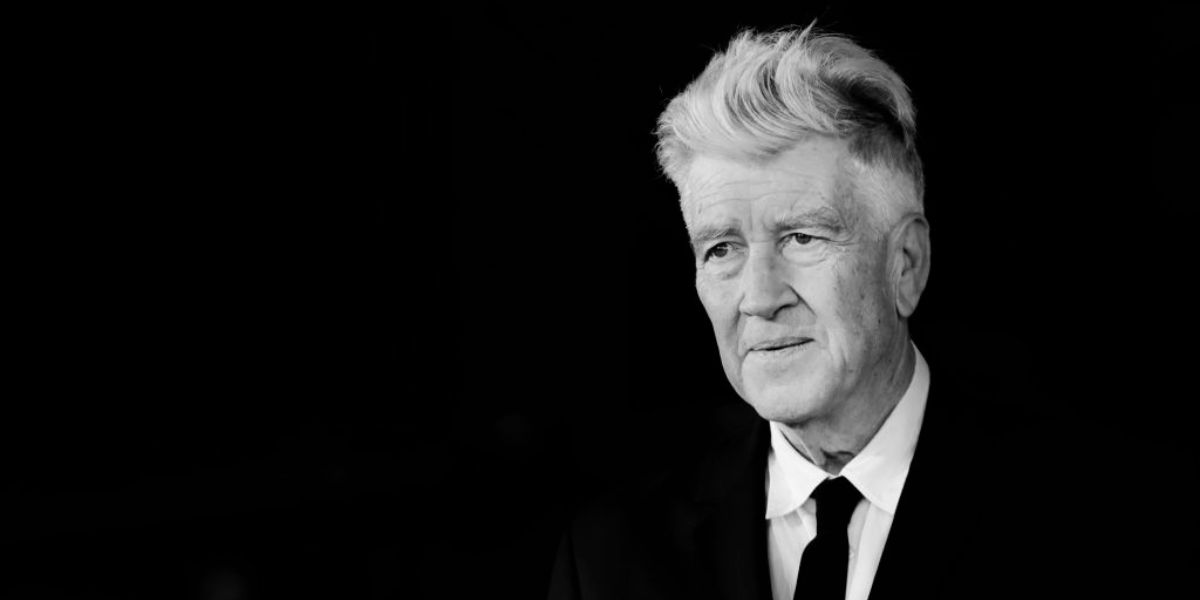Few filmmakers have been able to carve their names into the hearts of cinema lovers quite like David Lynch. Known for his surreal storytelling, haunting imagery, and ability to marry the ordinary with the bizarre, Lynch passed away at age 78. His death was confirmed by family representatives, though the exact cause has not been publicly disclosed. The news has left fans and collaborators across the globe mourning the loss of an irreplaceable creative force.
A Visionary Filmmaker Like No Other
Born in Missoula, Montana, Lynch began his creative journey as a painter before turning to filmmaking. From his first feature film, Eraserhead (1977), Lynch’s work stood out for its surreal, dreamlike quality. He quickly became a director whose stories could unsettle and captivate in equal measure.
One of his most celebrated achievements was The Elephant Man (1980), a film that earned him two Academy Award nominations. With this success, Lynch transitioned from experimental beginnings to more mainstream recognition, but his eccentric artistic voice always remained intact.
Master of the Surreal
Lynch’s work was never about conventional storytelling. Instead, he delved into the dark, uncanny, and sometimes grotesque corners of the human experience. Films like Blue Velvet (1986) and Mulholland Drive (2001) explored themes of mystery, identity, and the shadowy underside of seemingly perfect worlds.
His ability to juxtapose the beautiful and the horrifying made him one of the most distinctive auteurs of the 20th and 21st centuries. For Lynch, cinema wasn’t just entertainment—it was an art form meant to challenge and provoke.
The World of Twin Peaks
Lynch didn’t just reshape cinema; he left an indelible mark on television as well. In 1990, he co-created the cult classic series Twin Peaks. With its eerie small-town setting, cryptic plotlines, and unforgettable characters, Twin Peaks changed the way television stories were told. Its tagline, “Who killed Laura Palmer?” became a pop culture phenomenon.
The show returned in 2017 with Twin Peaks: The Return, proving that Lynch’s unique storytelling still had the power to fascinate audiences decades later.
A Legacy That Transcends Generations
Throughout his career, Lynch inspired countless filmmakers, from Quentin Tarantino to Denis Villeneuve. His influence is evident in modern cinema’s willingness to embrace ambiguity and complexity.
But Lynch wasn’t just a filmmaker—he was a man of many talents. He painted, composed music, and even ran his own weather report on social media, charming fans with his quirky sense of humour.
His death marks the end of an era for the film and television industries, but his legacy lives on through his art and the countless people he inspired.
Remembering Lynch’s Humanity
While Lynch’s work often explored the darkest sides of human nature, those who knew him described him as a kind and generous person. Many actors and collaborators have spoken about his warmth, eccentricity, and genuine passion for creativity.
As the world reflects on his remarkable life, Lynch’s legacy reminds us to embrace the weird, the beautiful, and the unknown.






